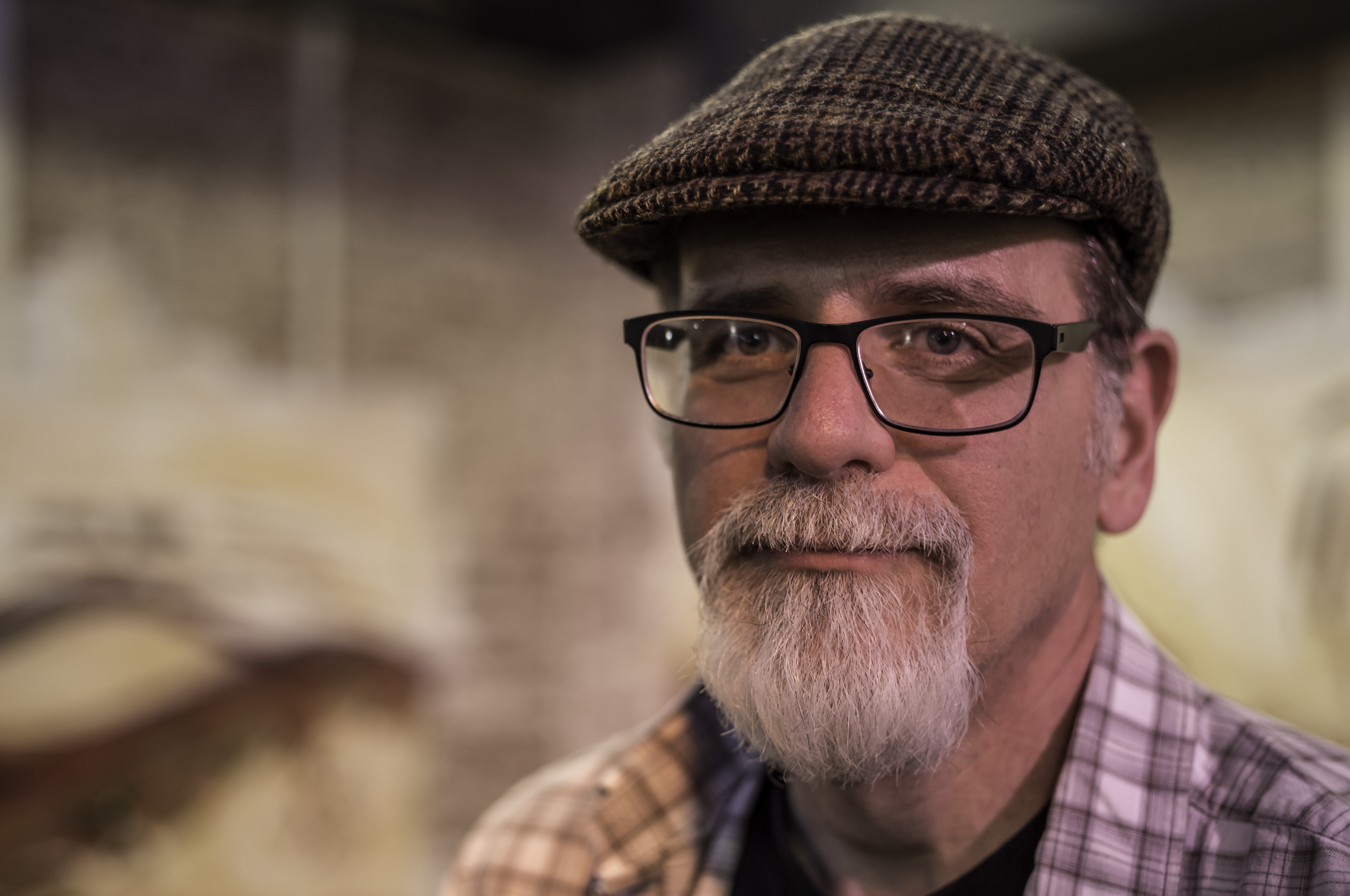Aoife O’Donovan
In the Magic Hour
As a photographer I often seek the magic hour to shoot photographs, the hour when the light bends during its passage through the atmosphere and the color of this light becomes warmer-toned and the shadows grow longer and more intriguing. With that in mind I was curious why O’Donovan would name her newest album with that moniker.
O’Donovan inhabits the music of her roots, and not all is darkness.
“Porch Light” exposes the struggle between the urge to live totally self-sufficiently and a life that is lived with a commitment to another human.
You wanna live a life of restlessness
Wander ’round singing the blues
You find solace in the barroom girls –
They got nothing to lose
You wanna live, a life of loneliness –
Baby so do I.
I wanna sit under the porch light –
And watch the yellow moon rise
Much like the article “Tinder and the Dawn of the ‘Dating Apocalypse’” in Vanity Fair, these sentiments reveal a cultural preference for hooking up. This urge is in collusion with social media apps that speed up the process and by default make the art of meeting first obsolete. The urge for sex unencumbered by relationship is often hidden under a chemically induced haze obscured by the flicker of a screen image. What is known about the other is what they look like and the bits of information you might find on a job résumé. Gone is the magic of conversation, the awkwardness of meeting, or the gradual getting to know the other deeply. People can become easy to discard when the effort is similar to buying a book on Amazon.
In contrast, a young couple recently let me know they were engaged. I had watched their relationship grow over the last 22 months from the early conversations in the coffee shop to the building of friendship and finally to the decision to commit to each other. It isn’t a brief encounter in the magic light, but fully exposed daylight and hours of conversation.
The loss of relationship O’Donovan refers to in the “King of All Birds” implies ones that carried much deeper import than hookup culture allows.
Everyone that I ever loved in my life
Now calls somebody else their wife
Who am I to you?
Listening to this sadness is not to deaden the loneliness with the quick fix of Tinder, but a call for a return to friendship, like the little wren.
I’m happiest when I hitch a ride
On the wing of a friend.
The title cut, “Magic Hour,” is darker than the beauty of vision that photographers clamor for; it is about what we don’t know, about death and burial, about moonlight and sinking ships. It is about what you might discover of other realities.
In that hour, if you listen hard
You might hear my granddaddy
Singing far away, like an evening star
The first cut, “Stanley Park,” prepares us for that magic hour, with its desperate pain.
I’m a poor wayfarer –
I got no one to dry my eyes
Time to lay this body down
In the frozen ground
The traditional “Donal Óg” matches the mood, and if I hadn’t looked I wouldn’t quickly recognize the songs that are traditional and the ones that aren’t on this album.
Black as night is this grief within me
Black as coal is this pain that binds me
Black as boot prints on polished hallways
And it’s you who blackened it forever and always
O’Donovan inhabits the music of her roots, and not all is darkness. “Magpie,” like the bird, collects memories of O’Donovan’s times as a child with her father. Even as she travels alone, she can feel the touch of her father and hear him humming a tune. The memories remind of what is lost, but also mean we are never totally alone.
While the lyrics contain massive doses of darkness, the music reveals the light between the shadows, the textures of harmony hold up the strength of friendships, and the rhythm reminds we are still alive in the magic hour. Just like the birds that need to fly, I have come to think that we need music to survive, to lift our spirits, to give us courage to face what is before us. In the Magic Hour lets me feel like I am riding on the wings of a friend’s songs, and O’Donovan’s voice is able to embody fully this sadness. But always with a tinge of hope.
All reviews express the opinions of the reviewer, not necessarily the views of Third Way.




